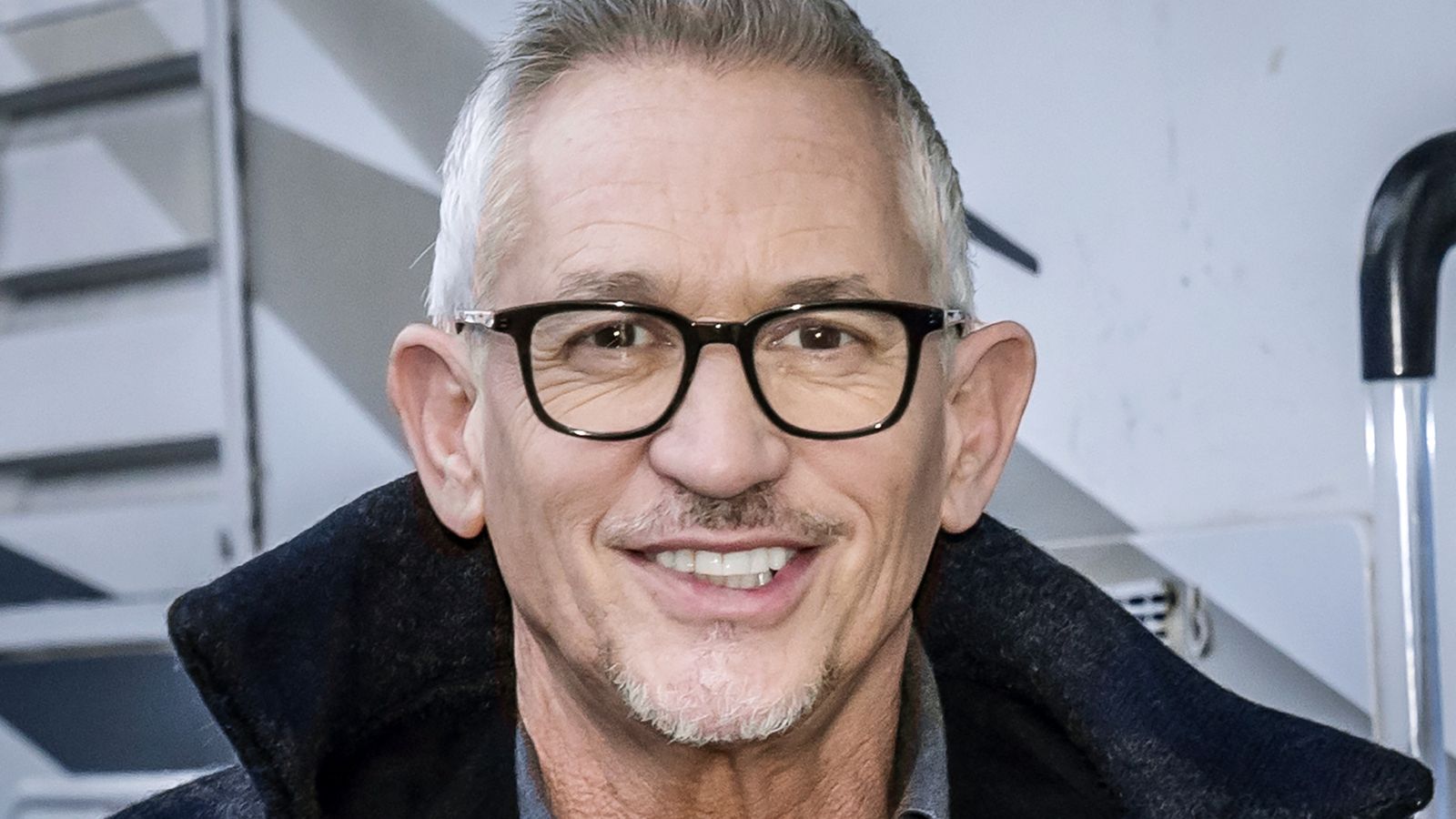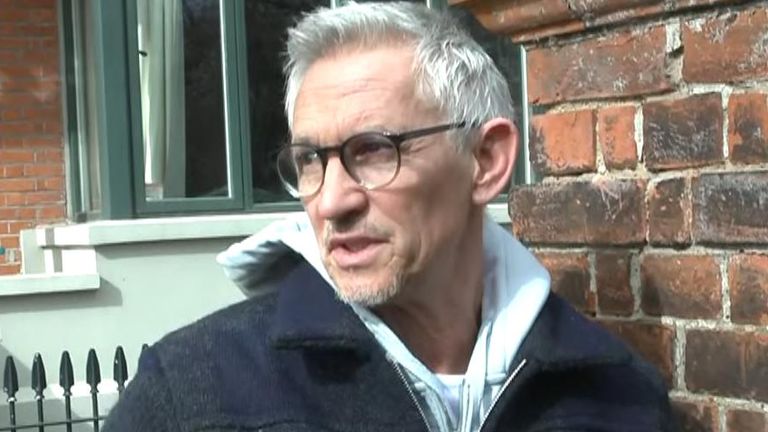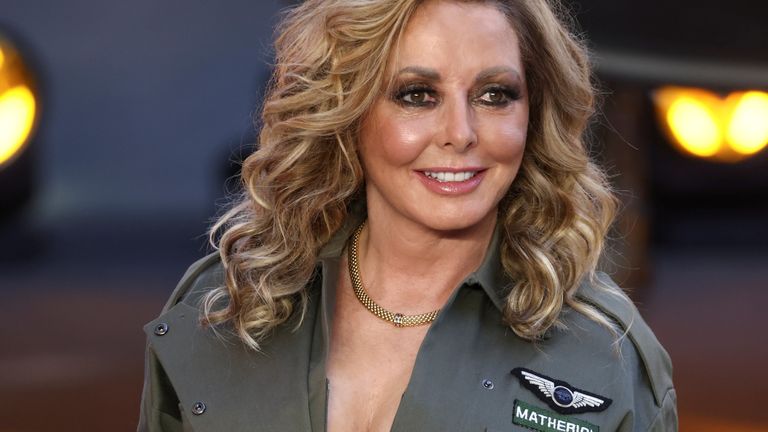
High-profile BBC presenters should be able to express their views on political issues as long as they stop short of campaigning, according to a new report for the broadcaster after a row over Gary Lineker’s tweets.
The policy only applies to presenters outside of its news coverage. News presenters will still be subject to stricter impartiality guidelines.
The BBC has not clarified what would constitute political campaigning for the big-name presenters.
Shortly after the announcement, Lineker shared a post on X, formerly known as Twitter, saying: “All very sensible,” followed by a thumbs up emoji.
Aside from Lineker, other presenters the report has named as having “a particular responsibility to respect the BBC’s impartiality” include The Apprentice’s Lord Alan Sugar, Antiques Roadshow’s Fiona Bruce, The One Show’s Alex Jones and Strictly Come Dancing hosts Tess Daly and Claudia Winkleman.
Dragons’ Den’s Evan Davis, MasterChef hosts John Torode and Gregg Wallace, and Match Of The Day’s Mark Chapman were all name-checked as falling under the revised rules.
BBC radio presenters who will be affected include Greg James, Zoe Ball, Vernon Kay and Scott Mills.
The update followed a review by former ITN executive John Hardie, looking at the BBC’s social media guidance for on-air freelancers outside of news, current affairs and factual journalism.
Major broadcast events, including sporting events, could also fall under the guidelines, and will be confirmed when on air.
Actors, dramatists, comedians, musicians and pundits will not be affected by the new guidelines.
Lineker stood by posts on Twitter earlier this year in which he criticised the government’s asylum policies.
The former England footballer was asked to “step back” from presenting Match Of The Day during the row over his comments – which compared the language used to launch a new government asylum seeker policy to that of 1930s Germany.
He later returned to the presenting role after the row prompted a boycott by his fellow football pundits and commentators, hitting TV and radio coverage across the BBC.
Carol Vorderman, who hosts a monthly Saturday lunchtime show on BBC Radio Wales, told the Sky News Daily Podcast earlier this month that as a freelancer with the broadcaster, she would “wait and see” what the new guidelines stipulated, adding: “I’ll make a decision based on them as to whether I carry on.”
Based on a reading of the new guidelines it would seem Vorderman will be able to carry on sharing her political opinions, as her radio show is not one of the broadcaster’s flagship shows.
Meanwhile, if Lineker wants to share political tweets, according to the new rules he would have to take a month off of Match Of The Day.
The BBC has said the new rules balance freedom of expression, freelancers’ responsibilities to the corporation and audience expectations.
Speaking about the review and resulting guidelines, BBC Director-General Tim Davie said: “We all have a responsibility to treat people with civility and respect, particularly at a time when public debate and discussion, both on and offline, can be so polarised.
“The BBC also has important commitments to both freedom of expression and impartiality – and this rightly extends to social media.”














